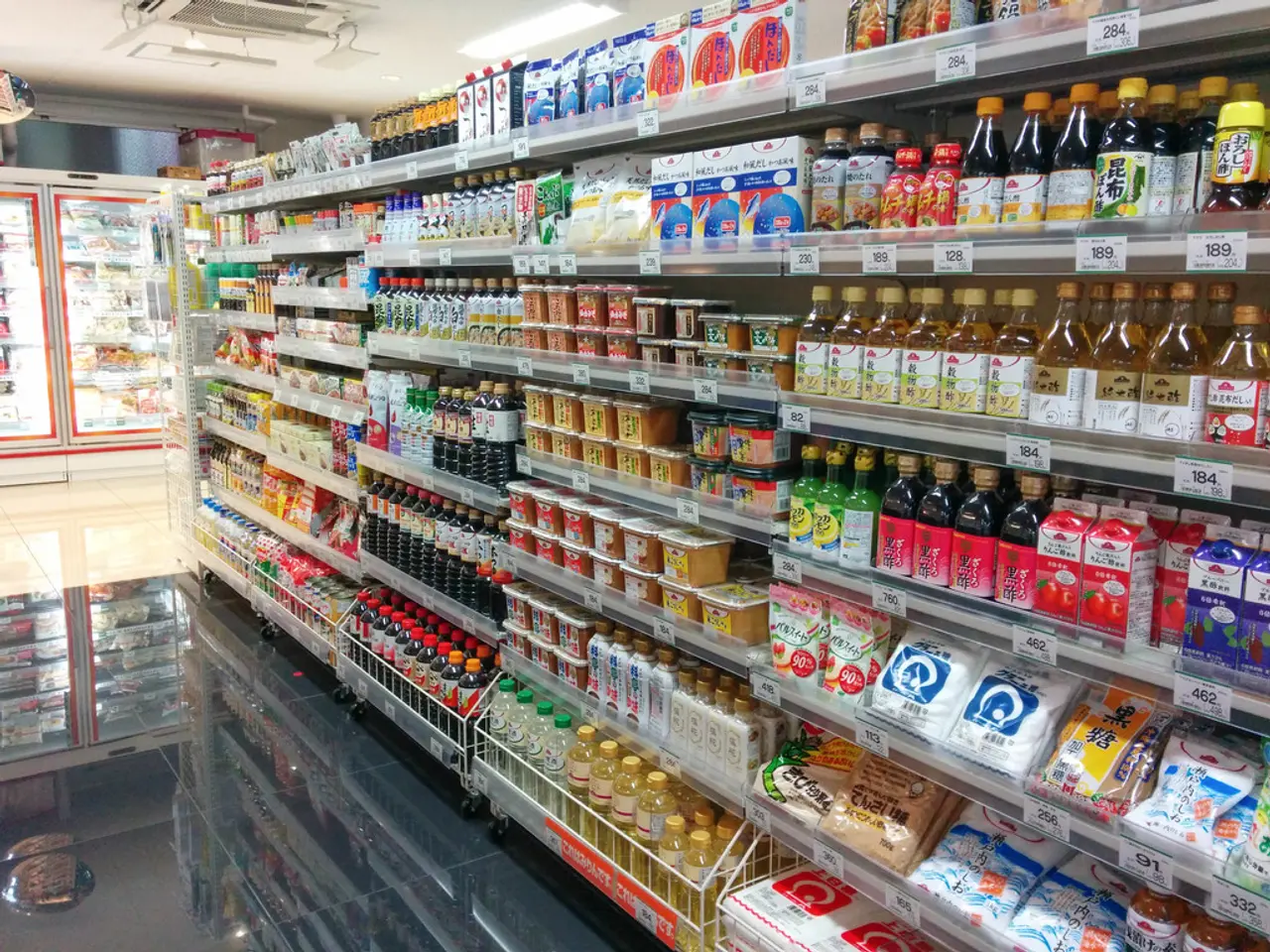Increased Taxation on Local Delivery Services: Why Hefty Delivery Tax May Have Severe Impact on Small-scale Businesses and Consumers
In a move that has raised concerns among experts, logistics services in India are now subject to the highest Goods and Services Tax (GST) slab of 18%, similar to non-essential and luxury services. This decision, while aimed at easing the tax cost burden and boosting consumption, has sparked debates about its potential impact on the economy.
Logistics plays a pivotal role in the Indian economy, enabling millions of Micro, Small, and Medium Enterprises (MSMEs) to reach markets, sustaining millions of livelihoods through gig work, and ensuring consumers have access to goods at reasonable costs. However, the increased tax incidence on logistics may further impact the earnings of gig workers and small businesses in the sector.
The increased GST rate for logistics services contrasts the 5% rate for personal and home services in the same sector. Moreover, logistics services provided by online digital platforms remain under the 18% GST slab rate, creating an uneven playing field.
Experts suggest a more calibrated approach to logistics taxation, treating it as a growth enabler rather than a cost to be taxed heavily. They argue that a high tax slab on logistics slows down demand across sectors, constraining earnings for gig workers, and diluting the affordability of essentials for households.
The increased tax incidence on essential last-mile delivery services may wipe out much of the intended benefits of the GST reduction on essential goods. Many MSMEs in India operate below the GST threshold or are under the composition scheme, making them vulnerable to the increased tax burden.
The World Bank, in a recent recommendation, suggested that the tax burden on logistics services should be viewed as a growth promoter rather than income. The government has yet to notify the definition and ambit of logistics services under the 18% GST slab, which is expected to provide clarity on the matter.
The government has reduced GST on essential goods, but the increased tax on logistics may offset these reductions, affecting affordability for consumers. The approach aims to balance affordability for consumers, sustainability for MSMEs, and the livelihoods of gig workers in India.
Many MSMEs struggle with slim margins, logistics costs, and a tax burden, resulting in strenuous operating expenses. The increased tax incidence on logistics may exacerbate these challenges, potentially slowing down economic activity.
In conclusion, while the intention behind the increased GST on logistics services is to stimulate economic activity and boost consumption, the potential impact on MSMEs, gig workers, and consumers warrants careful consideration. A more nuanced approach to logistics taxation could help mitigate these concerns and promote sustainable growth in the sector.
Read also:
- Peptide YY (PYY): Exploring its Role in Appetite Suppression, Intestinal Health, and Cognitive Links
- Toddler Health: Rotavirus Signs, Origins, and Potential Complications
- Digestive issues and heart discomfort: Root causes and associated health conditions
- House Infernos: Deadly Hazards Surpassing the Flames








